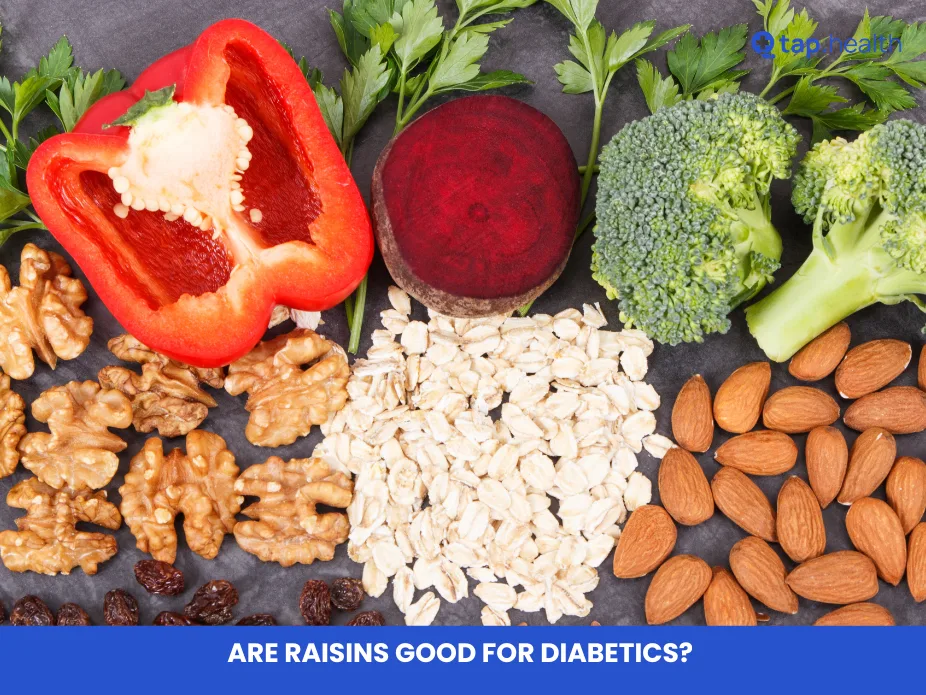Soybeans have been a staple in many diets worldwide, from Asian dishes like tofu and edamame to vegetarian burgers and milk alternatives. But for those living with diabetes, the question remains: Can a diabetic eat soybean safely?
The answer is yes—soybeans can be a healthy addition to a diabetic’s diet, but as with all foods, moderation and balance are key. Soybeans offer several health benefits, but it’s important to understand how they affect blood sugar and how best to incorporate them into your meals.
In this article, we’ll dive into the health benefits of soybeans, the risks for diabetics, and practical tips for incorporating soybeans into a diabetes-friendly diet.
What Are Soybeans and Why Are They Popular?
Soybeans are legumes native to East Asia and are known for their high protein content and versatility in cooking. They can be consumed in various forms, including:
- Edamame: Young soybeans typically steamed or boiled.
- Tofu: A cheese-like product made by curdling soy milk.
- Soy Milk: A popular dairy alternative.
- Soy Protein: Used in meat substitutes and protein bars.
- Tempeh: A fermented soy product that is also high in protein.
Because of their plant-based protein, soybeans are often favored by vegetarians, vegans, and people looking to reduce their consumption of animal products.
Health Benefits of Soybeans for Diabetics
When managed properly, diabetes does not mean giving up all your favorite foods—it’s about making healthier choices. Soybeans provide several health benefits that are especially useful for those managing diabetes.
1. Low Glycemic Index (GI)
The glycemic index (GI) is a measure of how quickly foods raise blood sugar. Foods with a low GI are digested more slowly, causing a gradual increase in blood sugar levels. Soybeans have a low glycemic index, meaning they are less likely to cause sharp spikes in blood glucose levels, which is important for people with diabetes.
For example, edamame has a GI of around 20, making it an excellent snack choice for diabetics.
2. High in Protein
Protein is essential for building and repairing tissues, and it also helps to stabilize blood sugar levels. Soybeans are a rich source of plant-based protein, which makes them a great option for those with diabetes who are looking to maintain muscle mass and avoid blood sugar spikes.
Unlike many other plant-based proteins, soy protein contains all nine essential amino acids, making it a complete protein similar to animal-based proteins like eggs and meat. This makes soy products such as tofu and tempeh great options for people with diabetes who need to manage their carbohydrate intake.
3. Rich in Healthy Fats
Soybeans contain healthy fats, including polyunsaturated fats and omega-3 fatty acids, which are known to help improve heart health. People with diabetes are at a higher risk for cardiovascular disease, so incorporating healthy fats into your diet can help reduce this risk.
While soybeans contain fat, it’s important to note that they are low in saturated fats, which are often associated with increased blood sugar levels and other complications in diabetes.
4. High in Fiber
Fiber is essential for managing blood sugar levels because it slows the digestion of carbohydrates, leading to a more gradual increase in blood sugar. Soybeans are a good source of fiber, and fiber-rich foods help with satiety (feeling full), which can aid in weight management—a crucial factor for managing type 2 diabetes.
A cup of boiled edamame contains about 8 grams of fiber, which is great for digestive health and blood sugar control.
Real-Life Scenario: Rajesh’s Journey with Soybeans
Rajesh, a 50-year-old man from Pune, was diagnosed with type 2 diabetes five years ago. He enjoys traditional Indian meals but found it challenging to balance his carb intake. After learning about the benefits of soybeans, Rajesh started incorporating tofu into his meals and snacks.
For example, he replaced his usual paneer with tofu in his curry, which helped him reduce his fat intake while still maintaining protein levels. Rajesh also snacks on boiled edamame while watching TV in the evenings. By doing so, he noticed his blood sugar levels became easier to manage, and he also felt fuller for longer.
Rajesh’s story shows that incorporating soy-based products can be an effective way to improve blood sugar control while still enjoying delicious and familiar foods.
Are There Any Risks to Eating Soybeans for Diabetics?
While soybeans are generally safe for diabetics, it’s essential to be mindful of certain factors to avoid any potential risks.
1. Portion Control is Key
While soybeans are healthy, they still contain carbohydrates, and consuming large portions may still lead to a rise in blood sugar. To avoid this, it’s important to practice portion control and integrate soybeans into a well-balanced diet.
For example, a half-cup of cooked edamame contains about 14 grams of carbohydrates, which is a reasonable portion for a snack or part of a meal.
2. Phytoestrogens in Soybeans
Soybeans contain phytoestrogens, which are plant compounds that mimic estrogen in the body. Some people worry that consuming too many phytoestrogens could lead to hormonal imbalances. However, most research shows that moderate consumption of soy is safe for most people, including diabetics. If you have concerns about hormones or thyroid health, it’s a good idea to discuss it with your doctor before making soy a regular part of your diet.
3. Soy Products Can Be Processed
Many soy-based products, such as soy milk and tofu, can be highly processed, and some may contain added sugars, unhealthy fats, or preservatives. Always choose unsweetened soy milk and avoid heavily processed soy products to prevent hidden sugars or excess fats from affecting your blood sugar.
Expert Contribution: Dr. Meera Patel’s View on Soybeans for Diabetics
Dr. Meera Patel, a leading nutritionist in Ahmedabad, emphasizes that moderation and balanced meals are key when incorporating soybeans into a diabetic diet. She explains:
“Soybeans are an excellent source of plant-based protein and healthy fats, making them a fantastic option for people with diabetes. However, it’s important to remember that soy should be part of a balanced meal that includes vegetables, healthy fats, and adequate fiber. Moderation is key, and portion sizes should be controlled.”
Dr. Patel recommends that diabetics consult with a healthcare provider before making drastic changes to their diet, especially when adding new foods like soybeans.
For more insights on natural remedies, check out Homeopathic Medicine for Irritable Bowel Syndrome.
How to Include Soybeans in Your Diet
If you’re looking to add soybeans to your meals, here are a few healthy and creative ideas:
- Edamame: A great snack that’s rich in fiber and protein. Steam or boil and sprinkle with a little sea salt for a delicious snack.
- Tofu Stir-Fry: Tofu is versatile and can be used in stir-fries with non-starchy vegetables like bell peppers, zucchini, and broccoli.
- Soy Milk: Use unsweetened soy milk in smoothies, coffee, or cereal to boost your protein intake without adding sugar.
- Tempeh: Use tempeh as a substitute for meat in wraps or salads. It has a firm texture and nutty flavor.
- Soybean Salad: Add boiled soybeans to a salad with greens, cucumbers, tomatoes, and a light dressing for a protein-packed meal.
By integrating soybeans in these ways, you can enjoy their health benefits without worrying about blood sugar spikes.
FAQs: Can a Diabetic Eat Soybean?
Q1: Can diabetics eat soy milk?
Yes, unsweetened soy milk is a great choice for diabetics. It’s low in sugar and provides plant-based protein, but avoid varieties with added sugars.
Q2: Are soybeans good for weight loss in diabetics?
Yes, because soybeans are high in fiber and protein, they can help you feel full longer, making them a great addition to a weight-loss plan for diabetics.
Q3: Can soybeans affect thyroid function in diabetics?
There is some concern about the phytoestrogens in soy affecting thyroid function, but most studies show that moderate soy consumption is safe. If you have thyroid concerns, talk to your doctor.
Q4: Are processed soy products like tofu and tempeh safe for diabetics?
Yes, but it’s important to choose minimally processed soy products without added sugars or unhealthy fats.
Conclusion
Soybeans can be a healthy and nutritious addition to the diet of someone with diabetes, offering benefits like high protein content, fiber, and a low glycemic index. While it’s important to consume them in moderation, they provide a variety of ways to add protein and healthy fats to a diabetes-friendly diet.
By integrating soybeans into your meals thoughtfully, you can enjoy their benefits without compromising your blood sugar levels. Consult your doctor or dietitian if you have any concerns, but generally, soybeans are an excellent choice for managing diabetes in a balanced way.



